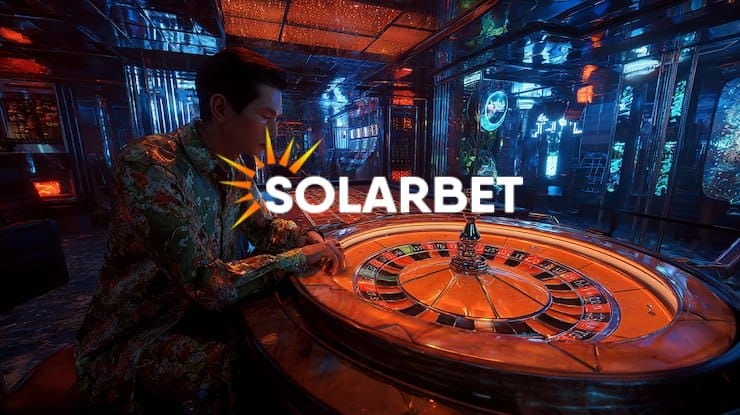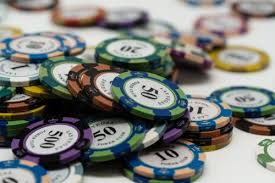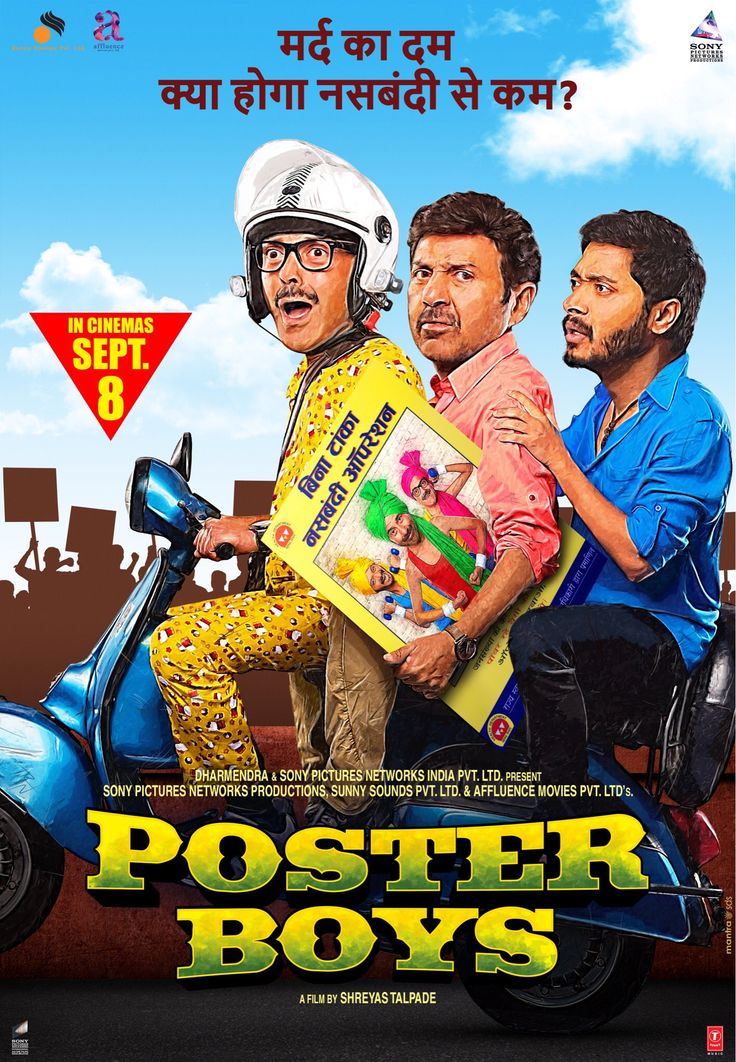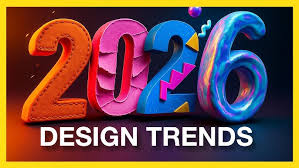When you’re looking at places where online gambling rules aren’t totally clear or are really tough, some platforms have found clever workarounds. They’ll often skip calling themselves ‘casinos’ outright – that’d just bring a pile of regulations – and instead go with names like ‘sweepstakes,’ ‘arcades,’ or even ‘skill-based games’ to operate.
This helps them avoid legal problems because they aren’t technically labeled as traditional gambling sites. Even though these platforms might offer games that look and feel just like what you’d find at the best Singaporean casino sites, their different classification keeps them in a bit of a legal gray area.
Why Do Some Online Gambling Sites Avoid the Word “Casino”?
It’s genuinely fascinating how many online gaming platforms sidestep the word “casino” entirely. They’re not doing this on a whim; it’s a calculated move. In a lot of countries, especially places where online gambling laws are either vague or super strict, just calling yourself a “casino” can instantly flag you for legal trouble.
So, what do they do instead? You’ll often see them use terms like “sweepstakes,” “gaming site,” or even “skill-based platform.” It’s all about presentation. By picking these alternative names, they’re aiming to avoid immediate scrutiny from regulators or payment processing companies.
It’s good to see how some online gaming platforms manage to dance around the law. If you call yourself a “casino” in many places, you’re immediately buried under tons of strict rules and tough operating demands. So, to avoid all that hassle, these sites often get pretty clever. They try to present what they offer not as typical gambling, but more like simple promotional games or just pure entertainment.
They’ll brand themselves differently, or use smart legal tricks to operate in what’s essentially a regulatory “gray area” – a spot where the rules aren’t completely clear, or maybe not even strictly enforced.
This allows them to draw in players, even in spots where finding, say, a legitimate Singapore online casino might be a real challenge. It’s an effective way for them to stay afloat and attract an audience without shouldering all those heavy legal burdens a fully licensed operation would face. The flip side? Well, it naturally makes you pause and wonder about their commitment to transparency, fairness, and ultimately, how well players are truly safeguarded.
How Can These Sites Operate Legally Without Being Classified as Casinos?
It’s also good to see how some online gambling sites manage to operate legally. What they do is register in places like Curaçao, Malta, or even the Philippines (through PAGCOR), where online betting is perfectly fine and regulated.
This lets them provide services worldwide, reaching people even in countries with really strict gambling regulations. Since their online operations, advertising, and main servers aren’t in those highly regulated zones, they’re not actually violating any local laws.
Take Solarbetsg, for example; it offers casino games and sports betting, but it’s set up with an international license. They present themselves more as a sports entertainment or gaming platform rather than just a traditional casino. This clever approach, along with being licensed offshore, lets them keep things running legally.
They also tend to use local payment systems and digital wallets to keep money transactions separate from the platform itself, further distinguishing them from being seen as a typical online casino.
Are These ‘Non-Casino’ Platforms Really Safe and Legit?
When you’re looking at SG betting sites, the big question of whether they’re trustworthy really boils down to a few key things: their licenses, how they protect your data, and how transparent they are. Just because a site doesn’t call itself a “casino” doesn’t automatically make it unsafe; that’s a common misconception.
Actually, reliable platforms – even if they steer clear of the “casino” tag – will always have the right gaming licenses. They’ll also use secure SSL encryption to keep your information private and work with reputable game providers such as Evolution, Pragmatic Play, or JILI. These are clear indicators that the platform is serious about your security and ensuring fair play.
But here’s a crucial point to remember: watch out for sites that are poorly regulated, or even completely unregulated. They might just be using that ‘non-casino’ label as a loophole to sidestep proper legal checks. Always, always do your due diligence. These platforms frequently lack fundamental player protections, don’t guarantee a fair game, and you might find it difficult to actually get your winnings paid out.
Before you sign up, always take the time to see if the site clearly shows a valid license number, offers secure ways to pay, and has good feedback from real users.
Even platforms like Solarbetsg, which might seem to be in a “grey area,” are generally considered more dependable because they partner with established providers and have a steady group of users in the region.
Conclusion
Hopefully, this helps make things clearer. You see, there’s a bit of a sensitive spot when a brand is called a “casino.” That’s because, these days, that word can raise a lot of red flags—not just because of shady, illegal sites, but also due to important discussions around responsible gaming.
Even if a brand doesn’t directly use the word “casino” or doesn’t classify itself that way, sometimes the services they offer speak louder than the label. It becomes pretty obvious what kind of platform they really are.
At the end of the day, whether or not they use the word “casino” in their branding, what truly matters is legitimacy. You want a place where you can enjoy your gaming without having to stress about legal troubles or getting ripped off.
Frequently Asked Questions
1. Why do some gambling sites use terms like “arcade” or “gaming” instead of “casino”?
Some websites choose different words like “arcade” or “gaming” instead of “casino” to navigate around legal challenges, advertising rules, or even issues with processing payments. By using these alternative terms, they can operate more easily in places that have strict regulations specifically about casinos.
2. Is it legal to play on online platforms that don’t call themselves casinos?
Whether something’s legal often just comes down to your country’s laws, plain and simple. Even if a site doesn’t outright call itself a ‘casino,’ you might still be in the clear if it holds a solid license from a well-regarded group and, crucially, doesn’t butt heads with your local regulations. The same pretty much goes for a lot of online betting sites, too.
3. How can you tell if a “non-casino” gambling site is safe to use?
Figuring out if a “non-casino” gambling site is safe really comes down to a few key checks on your end. The first thing you’ll want to verify is whether they’ve got proper licenses, maybe from Curaçao or the MGA. Next up, make sure their site has that SSL encryption; you’ll see a padlock in the web address if it does. Always confirm they’re using reputable game providers, and definitely take some time to read reviews from other players. If a site just feels off – maybe they’re not transparent, or security seems weak – trust your gut; those are often clear warning signs.













